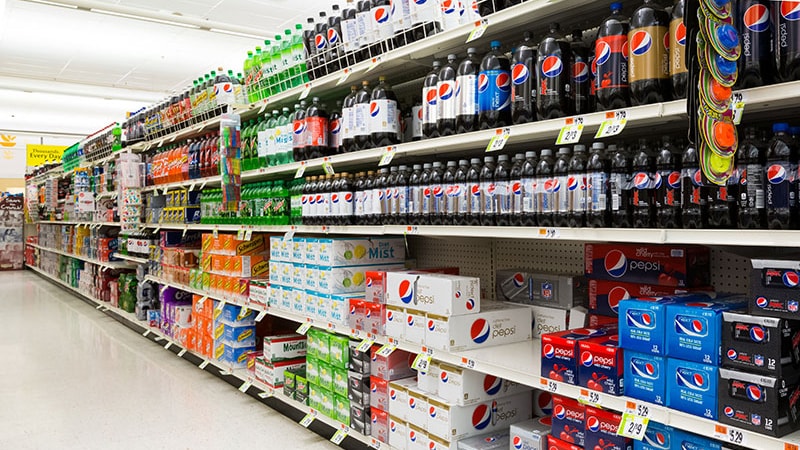#health #fruit #juice #soda #sugar
“…so drink pure water, flavor it with ACV, lemon or lime” — Paul Ebeling
Fruit Juice Associated With Increased Risk of Type 2 Diabetes
Whole fruit consumption, particularly apples, grapes and blueberries, is linked to a lower type 2 diabetes risk, while consumption of fruit juice has an adverse effect.
Research has produced some mixed results.
This study examined the association of individual consumption of fruit relative to risk of type 2 diabetes. Data were made use of from 3 prospective cohort studies involving 187,382 men and women. Individuals that reported a diagnosis of cardiovascular disease, diabetes or cancer at the start of study were excluded.
10 individual fruits were made use of for the study: peaches, raisins or grapes; prunes; apricots or plums; cantaloupe; bananas; oranges; pears or apples; grapefruit; blueberries and strawberries. Fruit juice included grapefruit; orange; apple as well as other fruit juices.
Questionnaires for food frequency were made use of every 4 yrs for assessing the habitual diet of individuals, asking how often, on average, each food was consumed in a standard portion size. 9 possible responses could be chosen from, which ranged from “never, or less than once a month” to “6 or more times each day”.
The researchers collected information on body weight and height, physical activity, cigarette smoking, family history of diabetes and multivitamin use. And for women, information on menopausal status, oral contraceptive and post-menopausal hormone use was collected.
Total consumption of whole fruit correlated positively with physical activity, age, multivitamin use, fruit juice consumption and total energy intake. The risk of type 2 diabetes was significantly reduced by 3 servings a wk of raisins and grapes; blueberries; pears and apples.
On the other hand, greater fruit juice consumption was linked to increased risk of type 2 diabetes. Substituting fruit juice with whole fruits was linked to a lower risk, except cantaloupe melon and strawberries.
Results revealed that 12,198 out of 187,382 individuals went on to develop diabetes so the overall risk was 6.5%. The overall risk was decreased by 7% for those who had 3 servings a wk of individual whole fruits instead of fruit juice.
The risk of type 2 diabetes was decreased by 7% by substituting 3 servings a wk of fruit juice with individual whole fruits.
The researchers conclude that consuming more specific whole fruits especially grapes, blueberries and apples is significantly linked to lower risk of type 2 diabetes whereas consumption more fruit juice is linked to a higher risk.
Eat healthy, Be healthy, Live lively









